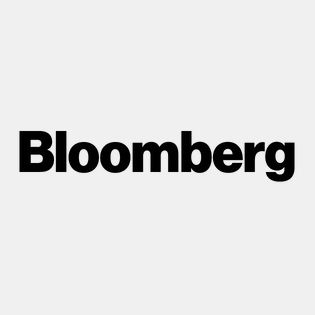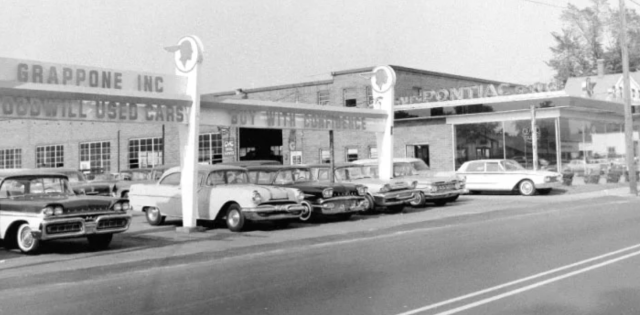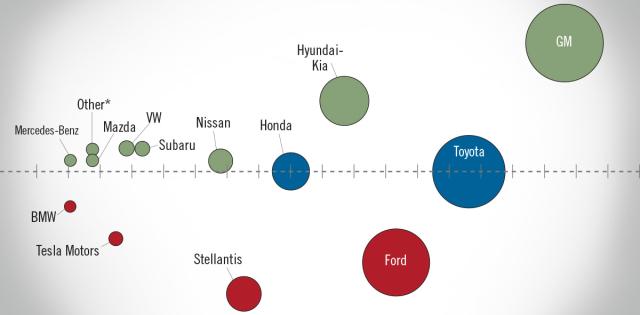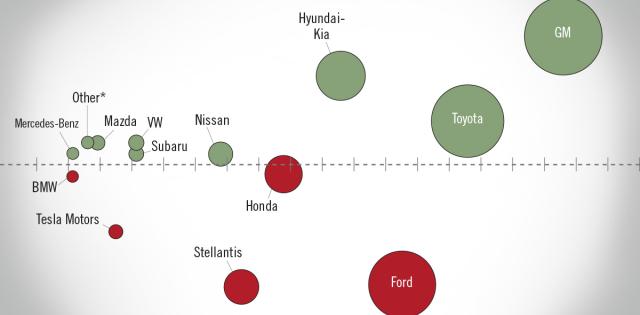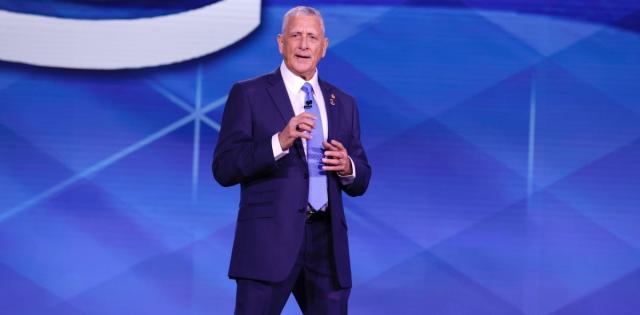The article below is sourced from Bloomberg Wire Service. The views and opinions expressed in this story are those of the Bloomberg Wire Service and do not necessarily reflect the official policy or position of NADA.
Hyundai Motor Co. wants to increase sales of hybrid vehicles to offset the slowdown in demand for electric vehicles.
The South Korean carmaker is planning to spend more on the manufacturing plant it’s building in the US state of Georgia in order to produce hybrids at the facility, Seung Jo Lee, Hyundai’s chief financial officer, said during a call after the release of earnings Thursday.
The factory was initially intended to solely produce battery-powered vehicles in order to comply with President Joe Biden’s Inflation Reduction Act that offers incentives for making EVs in the country.
The move to ramp up production of hybrids follows a broad slowdown in demand for EVs, with Volkswagen AG, Mercedes-Benz Group AG and Tesla Inc. all reporting lower sales in the early part of the year. Europe in particular has faced persistent weakness as carmakers contend with higher interest rates, slowing economic growth and fading subsidies for EVs.
Hyundai said deliveries of battery-powered vehicles accounted for 4.5% of its total shipments in the first three months of this year, down from 6.5% a year ago. The company’s hybrid sales climbed about 17% from a year earlier to almost 98,000 units, it said.
Shares fell as much as 2.6% in Seoul trading before paring losses to 1%.
Hybrid Boom
“There was a big decline in EV sales, but those of hybrids — a high-margin product — contributed to the high profitability,” Lee said, pointing to an operating margin of about 9%. Still, the company will continue to spend more on EV incentives that the industry average in order to maintain market share, he said.
Total car sales in the first quarter were 947,000, down 4% from a year earlier, according to its earnings presentation. Value-added products, such as sports-utility vehicles and luxury brand Genesis, accounted 62.8% of the total. Retail sales in North America gained 2%, while those in Europe climbed 0.7%. China saw a 14% plunge, while India posted a 3% increase.
Hyundai reported 3.56 trillion won ($2.58 billion) in operating profit in the first quarter, beating analyst estimates, as it reaped a 251-billion-won gain from a weaker Korean currency.
The company is also reviewing its Value-Up Program, which aims to increase its stock valuation and shareholder returns. Hyundai will share details of its plan after getting board approval, according to Lee.
For more stories like this, bookmark www.NADAheadlines.org as a favorite in the browser of your choice and subscribe to our newsletter here:

